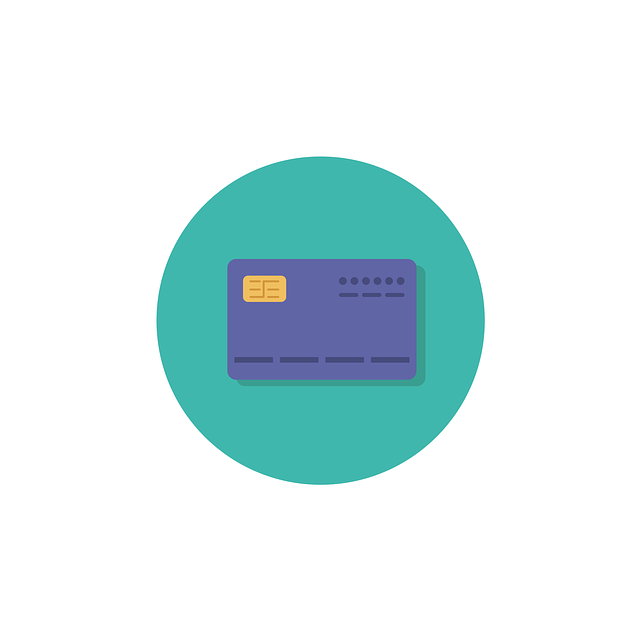
14 Terms to Know When it Comes to Loans and Credit Cards
Getting a credit card or loan for any reason can be daunting especially if you are clueless to the terminology your banker will use. It’s a new year and whether you’re looking to build credit, be prepared in an emergency or fix things around the house, I’ve created a list of terms you’ll most likely hear.
When it comes to a credit card or loan these are the top 14 terms that you’ll hear:
- APR – Annual Percentage Rate is the cost of credit, including the interest and fees, expressed as an interest rate.
- Variable interest rate – An interest rate that changes periodically (i.e. annually, semi-annually) throughout the life of the loan.
- Fixed interest rate – This is a fixed amount of interest added onto a loan payment that remains the same over the life of the loan.
- Adjustable rate – This rate is the amount of interest added onto a loan payment that adjusts based upon current market fluctuations.
- Default – This will differ from loan to loan however the basic concept is that the borrower has been delinquent in making a payment on their loan (default) for a certain number of days or has failed to comply with one or more of the other terms of the promissory note.
- Grace period – A period of time when the borrower is not required to make payment on the loan (length of time is tied to the terms of the promissory note).
- Deferment – A period of time in which the borrower is not required to make any payment on the loan.
- Interest – the amount paid to borrow money (principal).
- Interest rate – a percentage of the loan amount charged for borrowing the principal. It is a re-occurring fee the borrower must pay, in addition to the principal.
- Principal – The amount of money that the loan applicant requests to borrow.
- Credit line – Refers to the amount of credit (money) extended to the applicant. A credit card may be declined if the line of credit has already been reached.
- Secured credit card – A secured credit card has the cardholder deposit his or her money as the card’s collateral instead of the money coming from the credit card company itself. This type of card is easy to qualify for and is a great way to build or rebuild one’s credit history and score.
- Unsecured credit cards – A credit card that uses money from the issuing financial institution for purchases. This kind of credit card is what most cards will be.
- Delinquent – Failure to make the minimum payment on a loan or debt payment on or before the due date.
Being prepared as you walk in to ask to borrow money can help with anxiety but mostly will keep you from agreeing to something that may not necessarily be what you were wanting. Never agree to something you don’t understand or that is beyond your means – this will only hurt you financially. Be smart and don’t be afraid to ask questions when you’re unsure.
